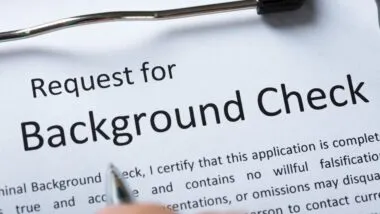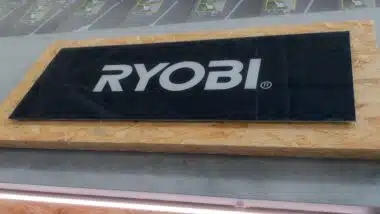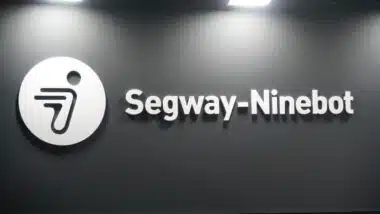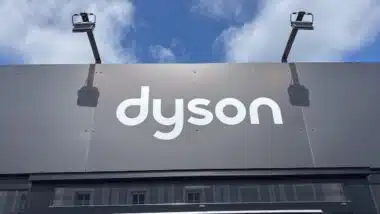 Central Puget Sound Regional Transit Authority (Sound Transit) and the State of Washington have been hit with a $240 million class action lawsuit over allegations vehicle owners in three Washington counties paid motor vehicle excise taxes (MVETs) that were unconstitutional.
Central Puget Sound Regional Transit Authority (Sound Transit) and the State of Washington have been hit with a $240 million class action lawsuit over allegations vehicle owners in three Washington counties paid motor vehicle excise taxes (MVETs) that were unconstitutional.
Vehicle owners in the counties must pay the MVET as a condition of registering a vehicle.
Sound Transit serves King, Pierce and Snohomish counties. The agency plans, builds and operates public transportation services, including express bus, light rail and commuter train services.
Seven Washington residents filed the Sound Transit class action lawsuit earlier this month in Pierce County Superior Court.
The plaintiffs are challenging a 2015 bill that authorized Sound Transit to ask voters to approve an additional MVET levy to fund an infrastructure package to expand the regional Link Light Rail and bus transit systems. The ballot proposition, known as ST3, was reportedly approved with 54 percent of the vote.
Sound Transit began levying the additional MVET around March 1, 2017, and the agency has collected more than $240 million in MVET since the authorization of ST3.
The plaintiffs allege the bill was not properly codified and violates the Washington state constitution. They claim the collection of the MVET is unconstitutional because Sound Transit failed to list the MVET schedule that would be used to calculate the tax, and this failure was deceptive and prohibited under the state constitution.
According to the Sound Transit class action lawsuit, the agency uses a formula that was approved by the state legislature in the 1990s but which may inflate the value of vehicles, causing the vehicle owners to pay a higher tax than they should.
Sound Transit reportedly estimated that the tax rates would increase by a margin of about $110 per $10,000 of a vehicle’s value, but some residents report that they faced significant increases.
In response, state legislators wrote bills that would require Sound Transit to use a valuation system based on Kelley Blue Book values, but they never gained enough momentum.
Sound Transit has already promised that it would change its vehicle depreciation calculation methods by 2029, but raised concerns that doing so could delay or stop important transportation projects.
According to the Sound Transit class action lawsuit, at least a portion of the taxes were collected “without constitutionally adequate statutory authorization.”
The plaintiffs filed the Sound Transit class action lawsuit on behalf of themselves and a proposed Class of persons who paid MVET in King, Pierce, and Snohomish Counties since the onset of the ST3 MVET levy.
“All class members have in common the question of whether Sound Transit obtained adequate constitutional statutory authorization to seek voter approval for levying additional MVET in the November 2016 general election,” the Sound Transit class action lawsuit says.
They are seeking refunds of the amount Class Members overpaid and injunctions prohibiting future collections of unauthorized taxes.
The plaintiffs are represented by Joel B. ARd of Immix Law Group PC and by Matthew C. Albrecht and David K. DeWolf of Albrecht Law PLLC.
The Sound Transit Class Action Lawsuit is Taylor Black, et al. v. Central Puget Sound Regional Transit Authority, et al., Case No. 18-2-08733-9, in the Pierce County Superior Court, State of Washington.
ATTORNEY ADVERTISING Top Class Actions is a Proud Member of the American Bar Association LEGAL INFORMATION IS NOT LEGAL ADVICE
Top Class Actions Legal Statement
©2008 – 2025 Top Class Actions® LLC Various Trademarks held by their respective owners This website is not intended for viewing or usage by European Union citizens.














